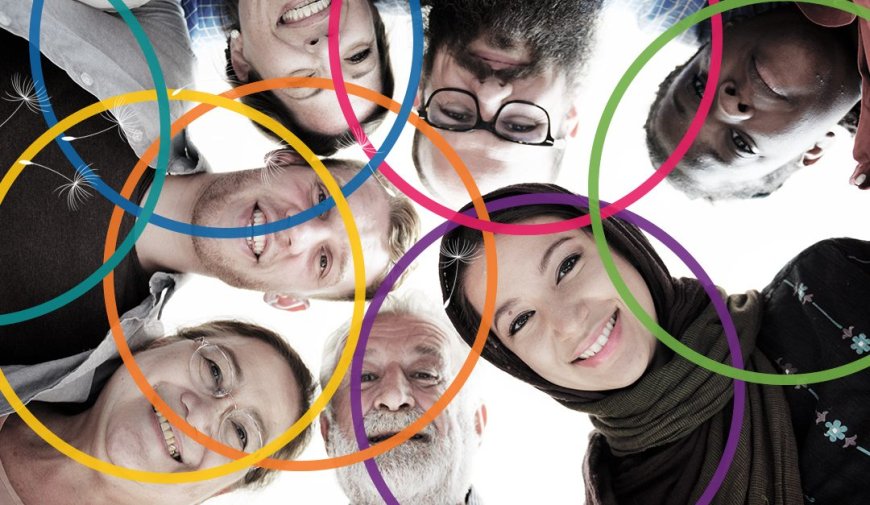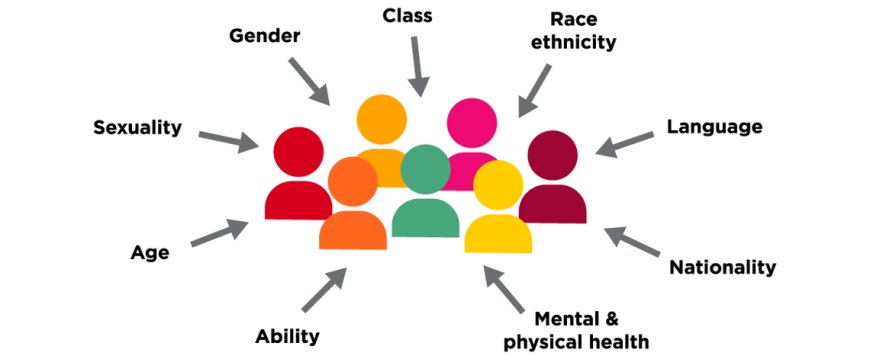Race, Religion, and Sexual Identity: Navigating Complex Identities
Explore how race and religion intersect with sexual identity, shaping personal experiences and challenges. Understand the complexities of navigating these intertwined aspects of identity.

Race, Religion, and Sexual Identity: Navigating Complex Identities
Human identity is complex and multi-dimensional, shaped by various social, cultural, and personal factors. Among these, race, religion, and sexual identity stand out as powerful and often interwoven components that significantly influence an individual's life experience. Understanding how these elements intersect helps shed light on the unique challenges and strengths that arise from navigating such complex identities.

The Intersection of Race and Sexual Identity
Race profoundly impacts how individuals experience their sexual identity. For many people of color, expressing their sexuality may involve overcoming additional societal barriers related to racism and cultural expectations. The intersection of race and sexual identity can result in unique challenges such as exclusion from both racial and LGBTQ+ communities, stereotyping, and discrimination. These experiences often require resilience and self-advocacy to claim a space where both racial and sexual identities are respected and affirmed.
The Role of Religion in Shaping Sexual Identity
Religion often provides a moral framework and community connection, but it can also complicate the journey toward sexual identity acceptance. Many religious traditions hold specific beliefs about sexuality that may conflict with an individual’s sexual orientation or gender identity. This conflict can create internal struggles, feelings of guilt or shame, and even lead to alienation from religious communities. Conversely, some faith communities are affirming and inclusive, offering vital support and belonging.
Challenges of Navigating Multiple Identities
For individuals who identify as both racial minorities and sexual minorities, and who are also navigating religious beliefs, the path can be especially complex. They may face rejection from family or faith communities, discrimination in wider society, and pressure to conform to cultural or religious norms. These overlapping pressures can impact mental health, self-esteem, and social connection, requiring holistic support systems that acknowledge all aspects of identity.
Finding Balance and Acceptance
Despite these challenges, many people successfully integrate their race, religion, and sexual identity into a cohesive sense of self. This integration often involves personal reflection, community connection, and sometimes advocacy work. Inclusive religious groups, culturally aware LGBTQ+ organizations, and mental health professionals who respect intersectionality play crucial roles in supporting this journey.
The Importance of Inclusive Communities
Creating spaces that honor the intersection of race, religion, and sexuality helps individuals feel seen and valued in all parts of their identity. Inclusive communities foster understanding, reduce isolation, and empower people to live authentically. This inclusivity benefits not only individuals but also strengthens the social fabric by promoting empathy and diversity.
Resources and Support Networks
Access to affirming resources is essential for those navigating these intersecting identities. Books, support groups, counseling, and online communities that recognize the complexities of race, religion, and sexual identity provide crucial validation and guidance. Encouraging dialogue and education about these intersections further promotes acceptance and reduces stigma.
Conclusion
Race, religion, and sexual identity are deeply interconnected aspects of who we are. Navigating these complex identities involves both challenges and opportunities for growth. By embracing intersectionality and fostering inclusive environments, we can support individuals in living their fullest, most authentic lives.











